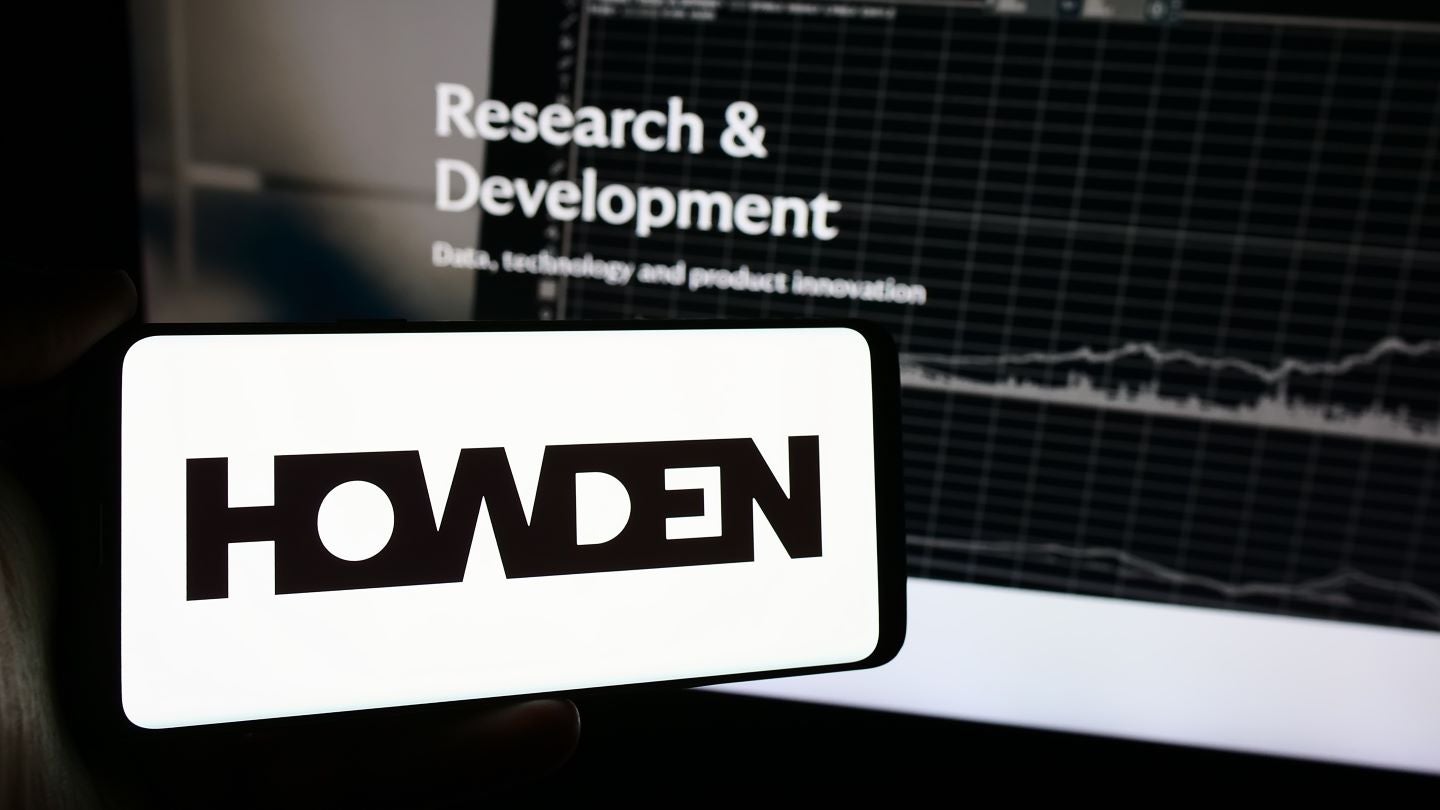Your stock market update: Nervousness around UK business

After the previous week’s blizzard of political and economic news, markets had less to digest last week, with the focus largely on the latest US consumer inflation figures and what they might mean for interest rates.
Wall Street extended its post-election rally and set new highs at the beginning of the week, although Asian markets retreated after Beijing’s latest stimulus measures fell short of investor expectations.
The deflationary pressures in the Chinese economy were underlined with news that consumer prices rose at their slowest pace in four months in October, dragged down by falling food prices. An improvement in consumer consumption needs a sustained recovery in the domestic housing market. Chinese households have 70% of their wealth tied up in the troubled real estate sector, so consumers are holding onto their money tightly.
Chinese factory-gate prices also suffered their biggest drop in 11 months, falling for the 25th consecutive month and emphasising the deflationary challenge faced by policymakers.
Read more:
Money HQ | US election: What does Trump’s victory mean for markets?
In contrast to China’s position, as UK supermarkets warned of the inflationary impact of the tax rises announced in the recent Budget came news that UK grocery inflation had edged higher for the second month in a row. The annual increase of 2.3% compared with 2% in the previous month. Retailers reported that consumers have started their Christmas shopping early, as grocery sales saw their biggest month of the year so far; clearly not put off that chocolate confectionery was among the products seeing the fastest price rises.
Nervousness amongst both businesses and households about the Budget was blamed for a slowdown in the UK economy in the third quarter. Figures from the Office for National Statistics showed the economy grew by just 0.1% compared to 0.5% in the previous quarter and went into reverse in September. A slowdown in the dominant services sector, which includes shops, bars and restaurants, was a big factor.
The third-quarter growth figures put the UK well behind other wealthy nations, such as the US, France, Germany and Japan, emphasising the challenge for chancellor Rachel Reeves who said growth was the “number one mission” for the new government.
On Wednesday, the US Labor Department reported that consumer price inflation picked up last month to an annual rate of 2.6%. This was followed by news that higher service costs had also lifted US producer inflation in October. This apparent stalling in progress towards the lower inflation target added to speculation that the Federal Reserve might not lower interest rates as much as had been anticipated.
Wall Street tracked higher on the view that the inflation data kept the Fed on track to cut rates in December, but global stocks retreated as the so-called Trump Trade saw investors continue to flock towards assets expected to benefit from the president-elect’s policies.
News that his Republican party had won total control of Congress made those plans more likely to become a reality, including proposals to implement aggressive tax cuts for workers, businesses and retirees. Forecasters believe Trump’s tax and spending plans could add $7.5 trillion to the current government debt pile of $35 trillion. A Reuters poll revealed that 62% of Americans expect Trump’s policies to drive the national debt higher.
Meanwhile, a fall in weekly jobless claims suggested the US labour market was still chugging along and that the sharp drop in job growth in October was an anomaly.
Looking further ahead, in comments on Thursday, Fed chair Jerome Powell said there was no rush to lower interest rates given the strength of the economy, but he would not be drawn on the politics of what impact Trump’s tariff and tax plans might have on future moves.
In another indicator of the health of the US economy, retail sales rose 0.4% last month – more than expected – as US households splurged on motor vehicles and electrical goods. Traders subsequently pared back expectations that the Fed would deliver its third rate cut in December.
The week ended with Wall Street giving back some of its recent gains, as some investors took profits after the post-election surge. Vaccine makers also dragged down the market after Donald Trump said he wanted Robert F. Kennedy, a prominent anti-vaccine activist, to be his Secretary of Health and Human Services. The MSCI World Index also slipped to register its biggest weekly drop in two months as investors digested the prospect of a slower pace of interest rate cuts ahead.
Related
UK Risks Losing Trust of Business After Budget, CBI Chair…
(Bloomberg) -- The UK government is in danger of losing the trust of corporate leaders if it fails to mitigate the impact of last month’s budget, the chair of
Trump tariff on China could lower global inflation, says UK…
Donald Trump imposing massive US tariffs on Chinese imports could drag down global inflation by lowering the price of goods in other countries, a senior Bank of
McVitie’s parent firm warns UK investment case ‘harder to understand’
* PASSWORDMust be at least 6 characters, include an upper and lower case character and a numberShow* YEAR OF BIRTHYou must be at least 18 years old to create an













